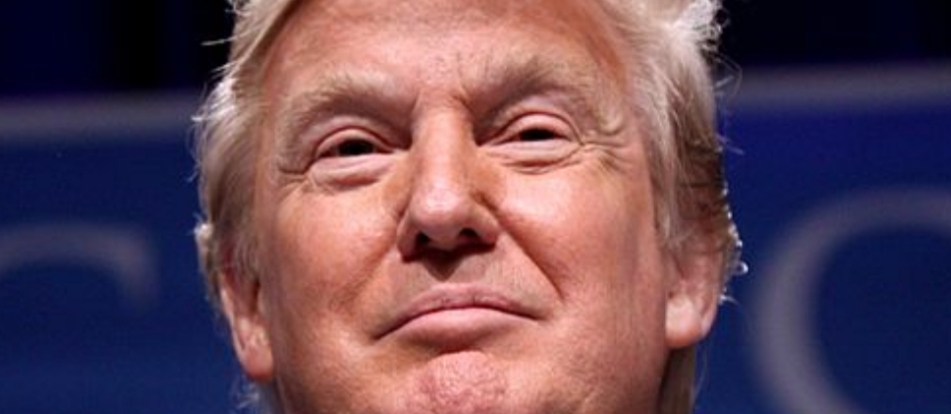Donald Trump. Photo: Gage Skidmore For decades after WWII, the U.S. stood across the world as a mighty colossus. We were the richest and strongest nation, and our history and institutions were the envy of all. Naturally, the world looked to us for leadership. U.S. presidents were routinely regarded as leaders of the West or free world. The U.S. was the foremost advocate for a rules-based international order. We led through multilateral organizations like the U.N. and NATO, which we had largely shaped, and agreements like the Paris climate accord and the Iran nuclear deal. Today, while not as dominant as we once were, we are still at the top as a global power. But we are disengaging from the role of world leader. We are not seeing enlightened, unselfish American leadership guiding this very divided, demoralized world. Instead of leading through cooperation with other like-minded powers, we are sliding into competition with China. China and the U.S. are the world’s leading powers. But China faces serious problems, including a slowing economy, an aging population and enormous debt, which handicap its global ambitions. The U.S. has its own problems, of course, including uncertain, if not erratic leadership. As the COVID-19 pandemic has made clear, President Donald Trump devalues expertise, rejects science, and prefers bilateral power politics to global leadership. He does not seek, and largely rejects, advice from U.S. global experts. His approach has cost America a challenging opportunity to lead the world on the crucial issue of public health. For weeks, he denied the new coronavirus was a threat. Then he blamed others for failing to do more to prevent it. Disappointed with the leadership of the World Health Organization, he said we would stop funding it. Trump appears unconcerned about the plight of people in other countries, even our allies. His “America First” approach suggests their problems are of little concern. With China, he alternates between making verbal attacks and acting nice. He is attracted to dictators but indifferent or even hostile toward allies. He searches for scapegoats, blaming the Federal Reserve for economic problems and the Congress for much of what goes wrong. Our disengagement creates a leadership vacuum. Not surprisingly, others are stepping in – China and the so-called middle countries, such as Australia and until recently Brazil. Nations are looking for alternatives to American leadership on issues from climate change to trade to conflict resolution. As America draws back, global issues are largely ignored, like nuclear proliferation, a threat that has dominated foreign affairs for years. Our lack of robust leadership seriously weakens our leadership of a rules-based global order. The world faces an endless line of problems: wars and conflicts, terrorism, cyberattacks, the rise of authoritarianism, the existential threat of climate change – and now a global pandemic that has already killed 100,625 people in the U.S. and 352,753 globally as of May 27, 2020. These challenges should be addressed by robust American leadership. But that’s not happening. We are in the best position to lead with the world’s largest economy, the greatest military might, and an endless line of talented officials and citizens. It’s not too late, but we need to assert our leadership. The world sees an aggressive China, a weakened and divided Europe, and a president’s erratic leadership. This is a time of extraordinary opportunity for the U.S. to lead. The world needs that leadership now, more than ever. Lee H. Hamilton is a former member of the United States House of Representatives and a former member of the U.S. Homeland Security Advisory Council.
Donald Trump: A President Who Doesn’t Believe In Science on Covid-19 and Climate Change












